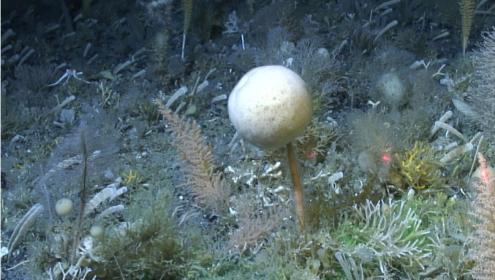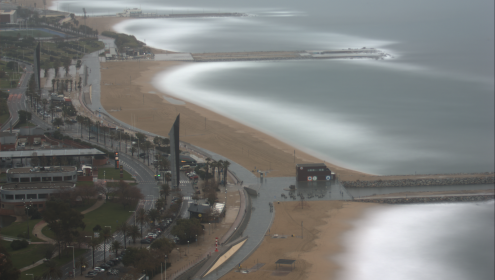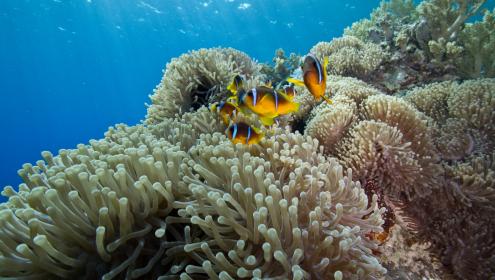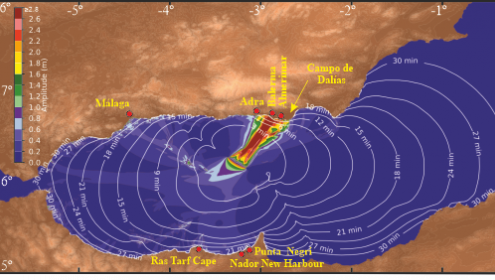"In Depth" Section
Latest news
In the "In Depth" section of this December's newsletter, we tell the story of the discovery, by a group of ICM researchers, of a very special sponge from the frozen continent.
The ICM researcher explains why Barcelona's beaches are in danger and which solutions could help reverse this situation.
It was the American biologist Lynn Margulis who, in the middle of the 20th century, placed cooperation and, in particular, symbiosis, in a privileged place amongst the mechanisms that enable evolution.
Today we interview Ferran Estrada i Llàcer, member of the ICM Continental Margins group. Throughout his career, the researcher has delved into different aspects related to tectonics, basin formation and turbidie systems. He has also been involved in palaeoclimatic projects and in others about convulsive events, such as tsunamis and mega-floods.
The intense growth of microscopic algae that are part of the marine plankton leads to changes in the colour of the water.



